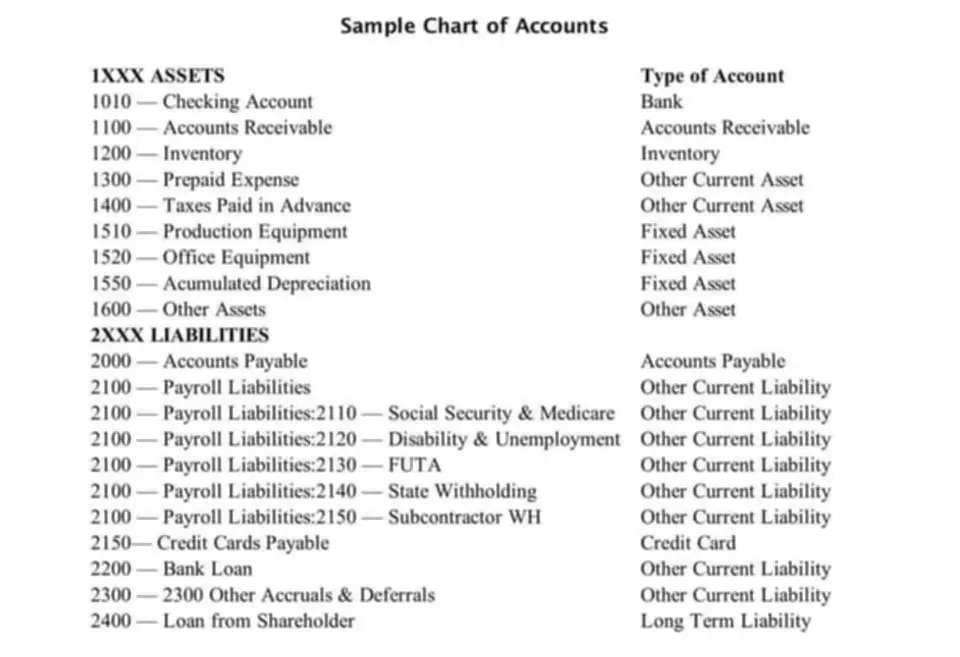Content

On 31 December 2019, Jeffery, an Investment banking firm operating in the United States of America, rendered services worth $500 to their client, which is in the BPO business. It was agreed between both parties that the client would pay for the investment banks’ service after Jan 2019, and the transaction was not recorded in the books of accounts. Hence, in this case, the following journal adjusting entries entry needs to be passed into the books of accounts. Revenue recognition principle –Revenue is recorded in the same accounting period it is earned under therevenue recognitionprinciple. Once you deliver the product or service, that revenue qualifies as earned. Accrued revenue is earnings from providing a product or service, where payment has yet to be issued to the provider.

Adjusting entries are made to ensure that the part that has occurred during a particular month appears on that same month’s financial statements. Accrued revenue vs accounts receivable is different because customer invoicing hasn’t occurred yet when accrued revenue is recorded. For both open accounts receivable and accrued revenue, cash hasn’t been received yet from the customer. Allowance for doubtful accounts is also an estimated account. It identifies the part of accounts receivable that the company does not expect to be able to collect. It is a contra asset account that reduces the value of the receivables.
What Is Accrued Revenue?
For the next 12 months, you will need to record $1,000 in rent expenses and reduce your prepaid rent account accordingly. If your business typically receives payments from customers in advance, you will have to defer the revenue until it’s earned. For example, your business offers security services.
If it is the end of the accounting period, these amounts must be recorded to comply with the accrual method of accounting. By entering these on an adjusting entry dated for the last day of the accounting period, the amounts will be included on the period’s financial statements. A company receiving the cash for benefits yet to be delivered will have to record the amount in an unearned revenue liability account. Then, an adjusting entry to recognize the revenue is used as necessary. Prior to recording adjusting entries, revenues exceed expenses by $60,000. Adjusting entries for accrued salaries and wages of $10,000 and depreciation expenses of $10,000 were made.
How Are Adjustments Recorded for Accrued Revenue?
The balance in the unearned fees account, before adjustment at the end of the year, is $14,970. Journalize the adjusting entry required if the amount of unearned fees at the end of the year is $4,580. Which of the following is not an example of an adjusting entry? Learn the definition of adjusting entries in accounting, and find examples.
- On the other hand, accrued revenue is classified as an asset under theaccounts receivable.
- However, your cash account increases because your business receives more cash.
- Charlene Rhinehart is a CPA , CFE, chair of an Illinois CPA Society committee, and has a degree in accounting and finance from DePaul University.
Which is also called a are we usually put it like that? I wrote it out this time but I’m generally gonna just put a ar for accounts receivable, Right? So we’re going to debit accounts receivable for 500 right? To increase the balance of that asset, we are owed $500.
What’s the Difference Between an Accrued Revenue Asset and Accounts Receivable?
Let’s say that on june 12th, the company received $500 from the customer. And we’re going to credit accounts receivable for $500, right? This lowers the balance and accounts receivable and this money is no longer owed to us, right? Now what if the customer had paid us only $300 while we would still make a very similar entry, right? We have to credit accounts receivable for $300 because that’s no longer owed to us either.
This is common at the end of the year when we are doing work but have not recorded the revenue yet. This would also apply to interest earned on notes receivable even if the interest is not due until the next year. Deferred revenue can be spread over time, but an entry for accrued income occurs once for the whole amount. The reasons for recognizing accrued interest are similar to those of revenue. Interest is calculated on the basis of a certain rate per period and it would be erroneous not to recognize interest which has been earned but not yet recorded.
Adjusting entries, unearned/accrued, revenue/expense
The adjusting entry for an accrued expense updates the Wages Expense and Wages Payable balances so they are accurate at the end of the month. Accrued revenue is the opposite of unearned revenue or deferred revenue, which are interchangeable terms. For unearned revenue or deferred revenue, a cash payment like a deposit or required contract upfront payment is received before the product or services are shipped or delivered to the customer. A firm may have other accrued revenues that require adjusting entries.





